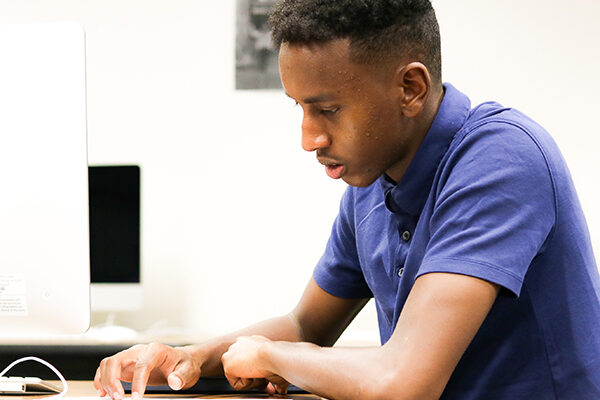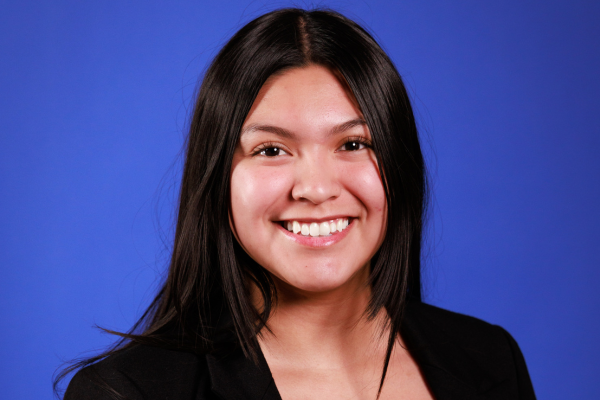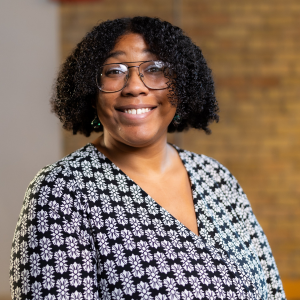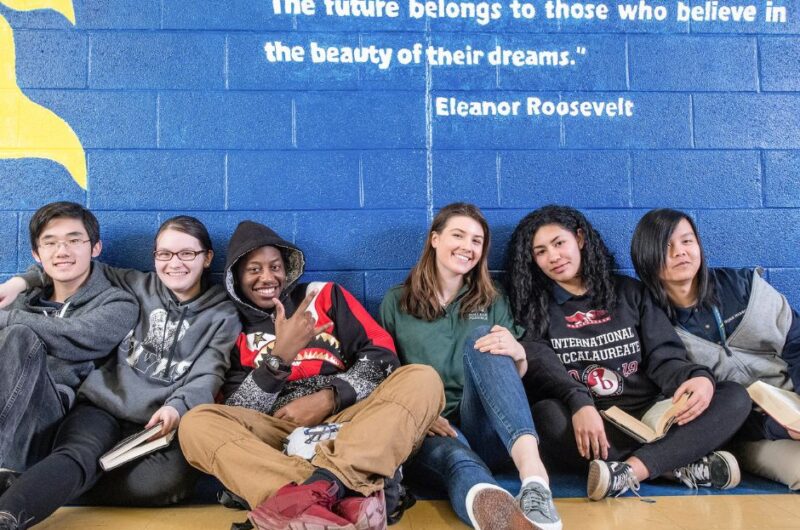 The ongoing pandemic has created many challenges for students from low-income backgrounds in addition to barriers they already face.
The ongoing pandemic has created many challenges for students from low-income backgrounds in addition to barriers they already face.
In particular, recent high school graduates are at risk of experiencing “summer melt,” which is the phenomenon where students who earn admission to college do not end up enrolling in the fall.
A study from this spring showed that 41% of high school seniors of color felt that it was either unlikely or too soon to say if they would attend college this fall, compared to just 24% of their white peers.
“The effects of the coronavirus are being felt more by our communities of color,” said Geoff Wilson, executive director of College Possible Minnesota. “With 94% of College Possible Minnesota’s students being students of color, we are working closely with them to make sure the pandemic doesn’t prevent their enrollment in college.”
In order to curb summer melt, College Possible Minnesota partnered with Bank of America and Allianz Life Insurance Company of North America (Allianz Life) to provide virtual college enrollment coaching to Minnesota students.
Over the summer, 11 College Possible coaches worked with students via technology to ensure they were able to overcome any barriers that stand in the way of attending class this fall.
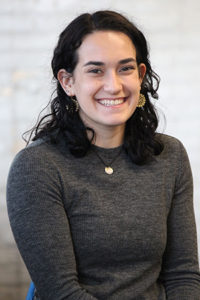
“I worked with students this summer by connecting with them via phone calls, text and occasionally video chat,” said Gaby Eck, a College Possible Minnesota transition coach. “I would begin by introducing a common college enrollment topic like FAFSA, orientation or registration and ask about where they are in that process. We would then work together to create an individualized plan to address any questions or barriers.”
Transition coaches connect students with the resources and information they need to make informed decisions about their enrollment choices. Many common concerns students had when working with their coach included calculating their out-of-pocket cost for college, completing verification tasks and getting in contact with different campus resources like the registrar’s office. This extra coaching is key to students’ success, especially when so much remains unknown with the pandemic.
“COVID-19 is definitely a factor in students’ college decisions,” said Eck. “Online learning is hard, and does not suit all types of learning styles. Many are rethinking when and where they would like to go to college.”
Eck also stresses the importance of recognizing that students from low-income backgrounds have always had barriers in the college enrollment process, which is why this work is more important than ever.
“We are proud to have Bank of America and Allianz Life joining us to curb summer melt by donating toward this effort,” said Wilson. “It shows an unparalleled commitment to our students and communities of color. This pandemic should not force students to give up their dreams of earning a college degree.”
